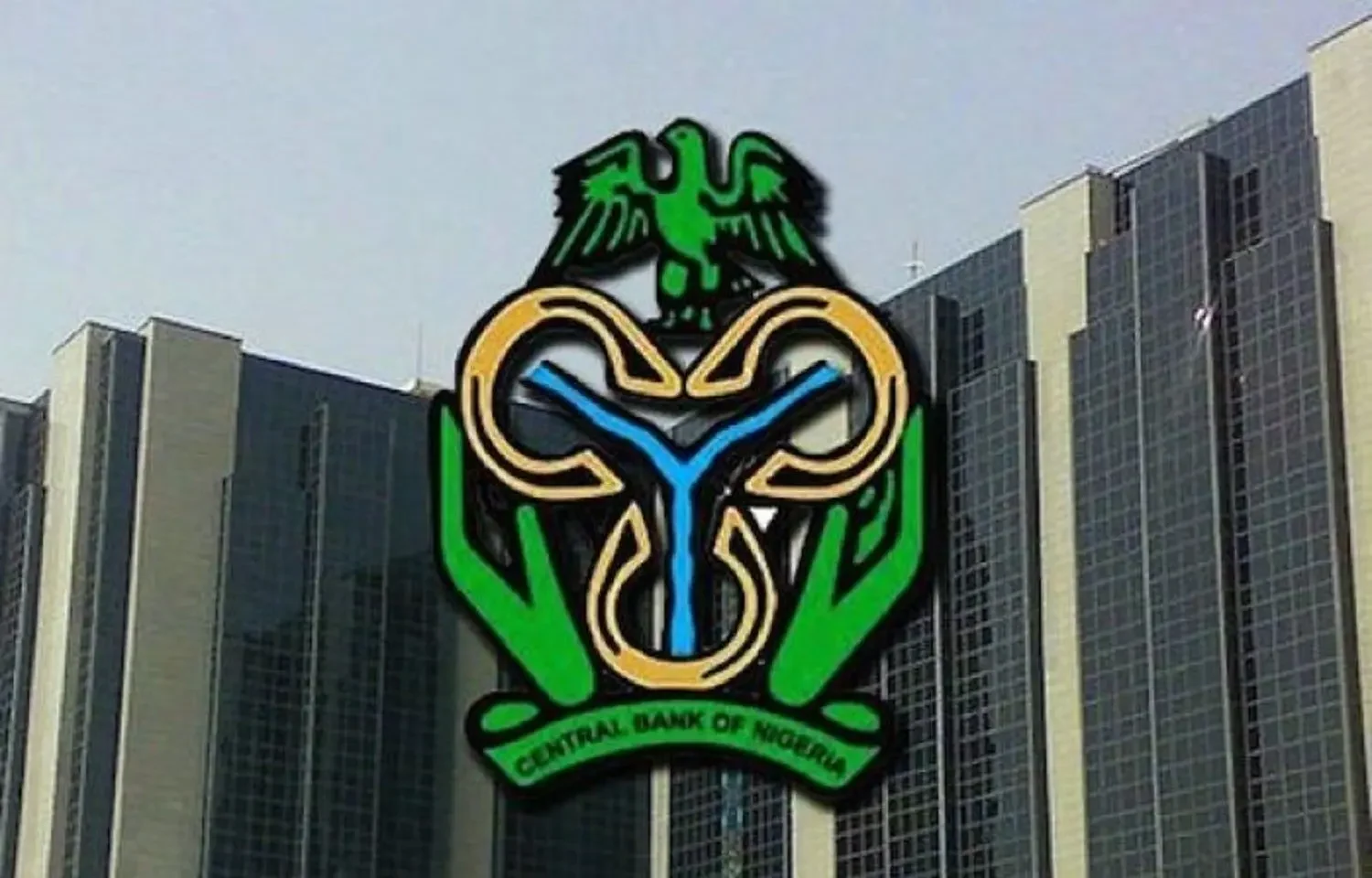
The Central Bank of Nigeria (CBN) has unveiled a bold new directive requiring banks and financial institutions to refund customers within 48 hours for failed ATM transactions, a move designed to improve consumer protection and restore trust in Nigeria’s banking system.
Outlined in a recently published draft titled “Exposure of the Draft Guidelines on the Operations of Automated Teller Machines in Nigeria,” the directive was made public last Saturday. It mandates swift reimbursement for failed ATM transactions, modernizes ATM deployment nationwide, and tightens security measures.
Signed by Musa I. Jimoh, Director of the Payments System Policy Department, the draft guidelines were circulated to banks, payment service providers, and ATM operators, who have until October 31, 2025 to submit feedback.
Faster Refunds for Failed Transactions
The guidelines distinguish between two types of ATM transactions:
- “On-us” transactions (customers using their own bank’s ATM) must be automatically reversed. If technical glitches prevent instant refunds, banks must manually reimburse customers within 24 hours.
- For “not-on-us” transactions (using another bank’s ATM), refunds must be completed within 48 hours.
The CBN emphasized, “Customers must not be made to suffer for failed transactions caused by system errors or network failures.”
To prevent lengthy disputes, banks and ATM operators will be required to install advanced systems that automatically reverse failed or partial transactions—eliminating the need for customers to lodge complaints. Institutions holding customer funds from failed disbursements must reconcile and return them promptly.
ATM Deployment and Security Overhaul
The new framework also reshapes how ATMs are deployed and managed across Nigeria. Banks and card issuers are now mandated to maintain at least one ATM for every 5,000 active cards, with phased targets: 30% compliance by 2026, 60% by 2027, and full compliance by 2028.
No ATM installation, relocation, or deactivation will be allowed without prior CBN approval.
To boost safety and usability, all ATMs must incorporate:
- Anti-skimming technology
- CCTV surveillance
- Installation in well-lit or secure areas
- Compliance with Payment Card Industry Data Security Standards (PCI DSS)
- Visible helpdesk contact information
- At least 2% of ATMs featuring tactile options to assist visually impaired users
Additionally, ATMs must dispense cash before returning cards, allow free PIN changes, issue receipts for all transactions except balance inquiries, clearly display transaction fees, and only dispense clean banknotes. Backup power systems will ensure machines remain operational during outages.
The rules cap downtime at 72 consecutive hours, after which operators must publicly disclose outage causes and restoration timelines.
Enforcement and Industry Impact
The CBN will enforce compliance through routine audits, physical inspections, and mandatory monthly reports from ATM operators detailing machine deployments and locations. While the circular does not specify penalties, it warns that institutions failing to meet standards will face sanctions.
The directive addresses persistent customer complaints about delayed refunds, poor service quality, and rising cybercrime risks aiming to build a payments system that works seamlessly for all Nigerians, whether in urban centers or rural communities.
Stakeholders are encouraged to submit feedback by October 31, 2025, with full implementation expected before year-end.



